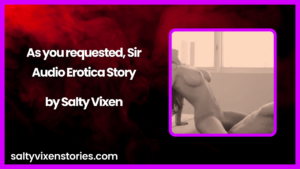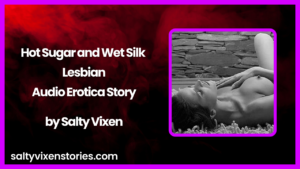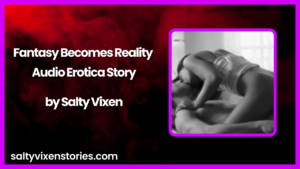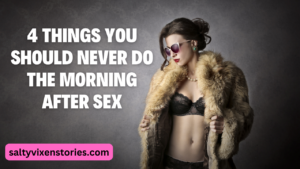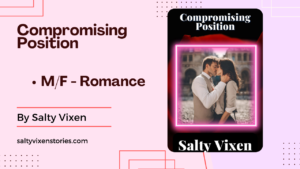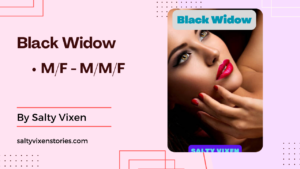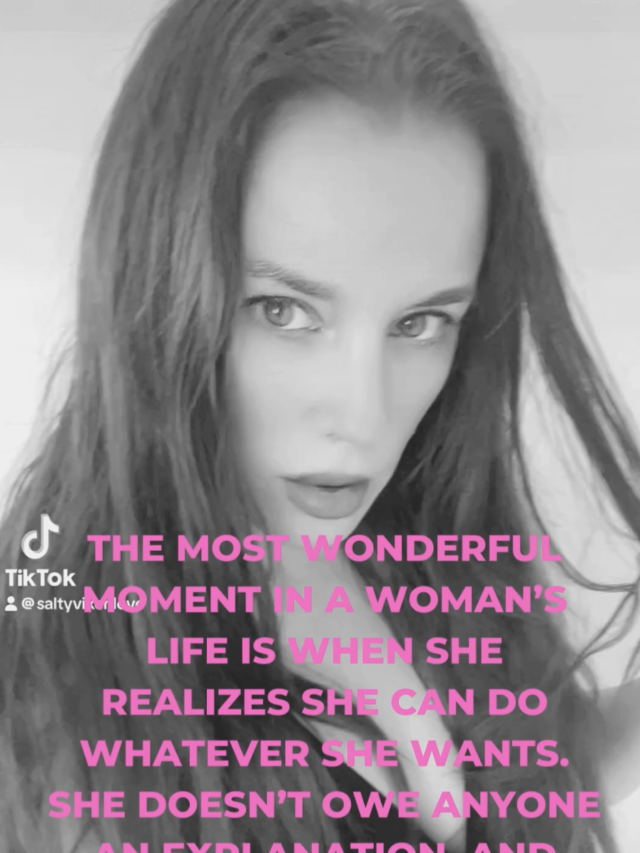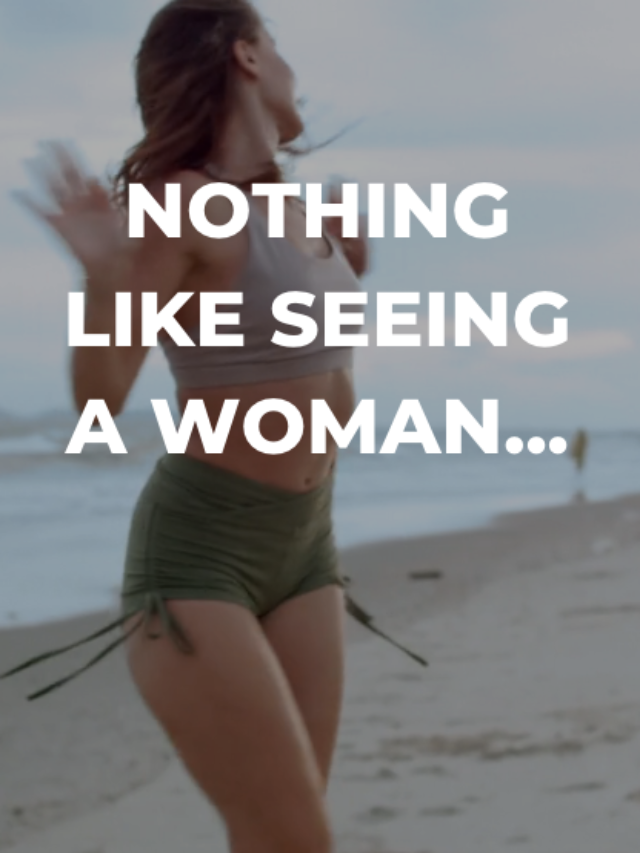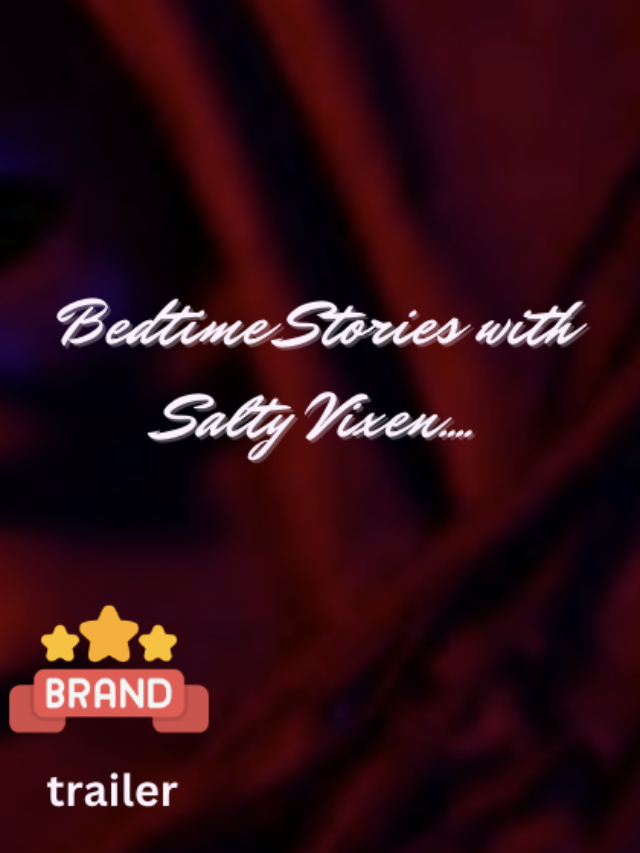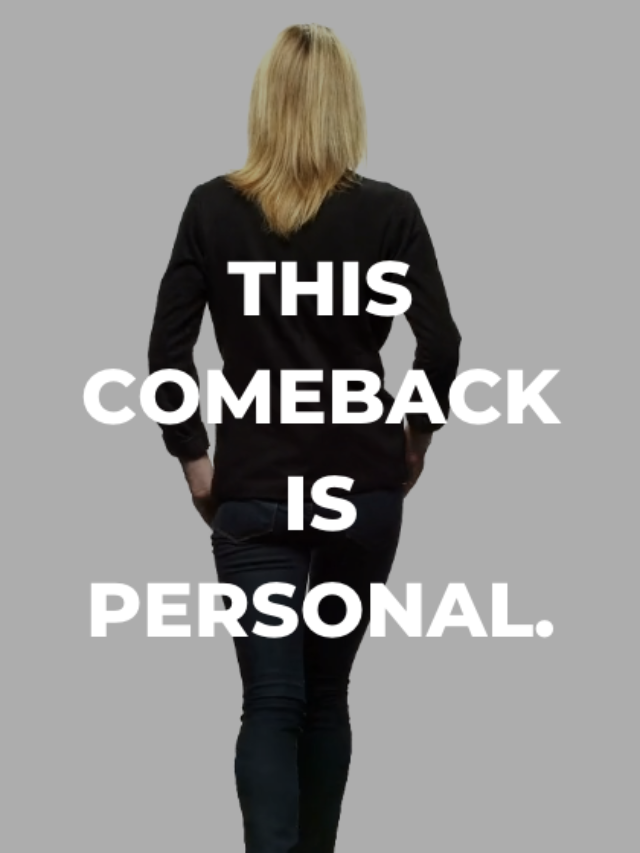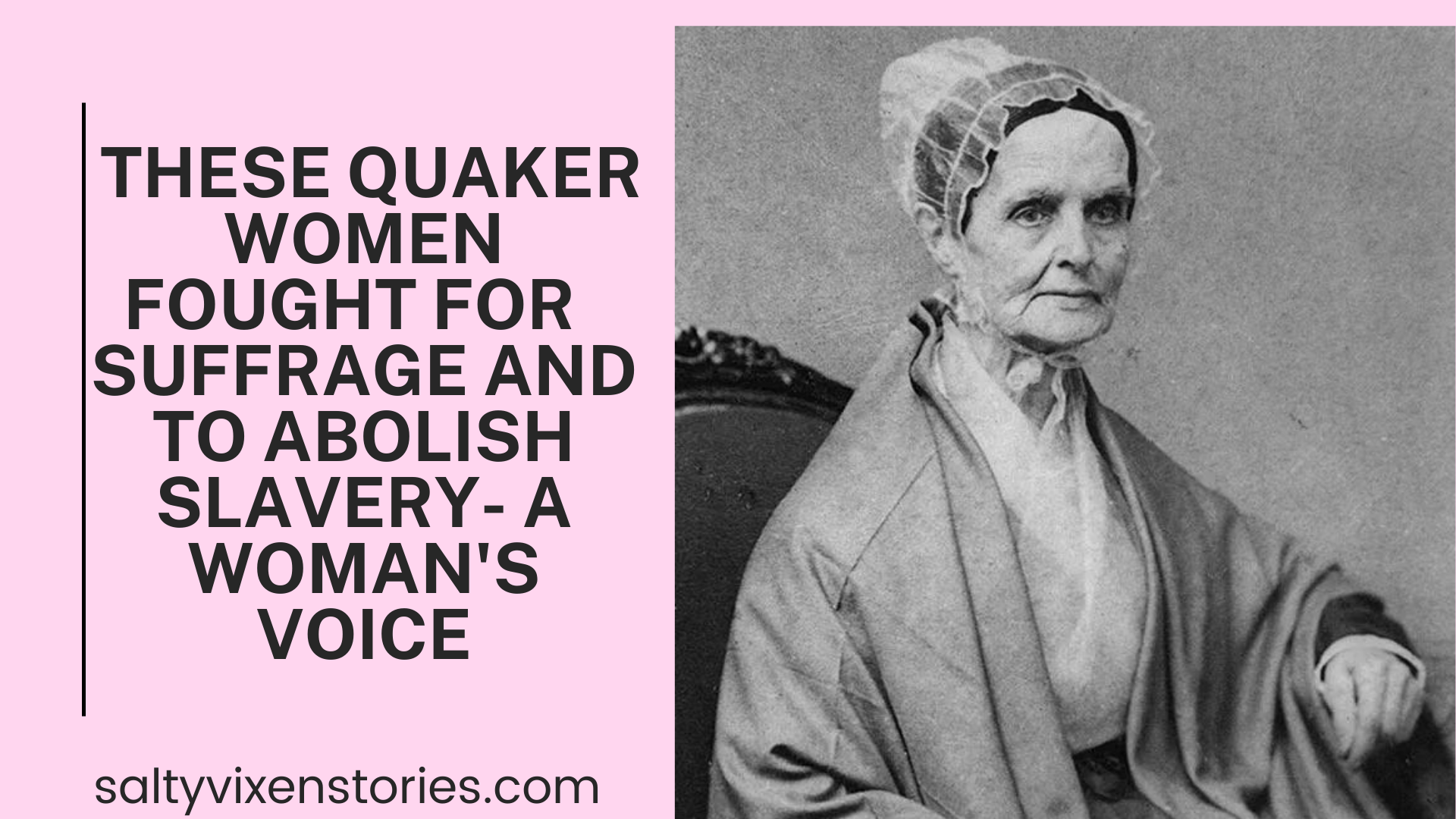A Woman's Voice is important and the world today, in 2023, is pushing the women's movement back and this is a slap-in-the-face for the women in the past, who pushed for women's rights. One small Christian denomination played an outsized role in the woman’s suffrage moment , particularly in upstate New York. The Religious Society of Friends, or Quakers, provided an equal role for women since its founding in 16th century England. That principle put Quakers in the forefront of the push for woman’s suffrage, both during the early years of the Seneca Falls Convention and in the years leading up to the passage of the 19th Amendment.
Four of the convention’s five organizers were Quakers, including Lucretia Coffin Mott. It was they who drafted its Declaration of Sentiments, which pronounced: “All men and women are created equal.” Twenty-three Quakers signed the document, more than any other religion. The Quakers had also played a pivotal role in the movement to abolish slavery This brought many of them in contact with another remarkable woman of the era- Harriet Tubman.
Lucretia’s sister-in-law Abigail, from Albany, was active in the Underground Railroad- the network for fugitive slaves escaping to the free territories. Tubman and her associates are credited with helping free some 300 slaves between the years 1850 and 1860. Lucretia’s sister, Martha Coffin Wright, the fifth member of the ‘pioneer’ tea party who organized the Seneca Falls Convention turned her home in Auburn into a ‘station’ for the Underground Railroad, and fugitive slaves ferried by her friend.
Tubman would sleep in the Kitchen. In a letter to her sister from December 30th, 1860, Write wrote the following:
Patties, as well as congratulations, on seven newly arrived slaves that Harriet Tubman has just pioneered safely from the Southern Part of Maryland.—One woman carried a baby all the way and bro’t [sic] two other child’n that Harriet and the men helped along. They bro’t a piece of old comfort and a blanket, in a basket with a little kindling, a little bread for the baby with some laudanum to keep it from crying during the day.
They walked all night carrying the little ones, and spread the old comfort on the frozen ground, in some dense thicket where they all hid, while Harriet went out foraging, and sometimes cd not get back till dark, fearing she wd be followed. Then, if they had crept further in, and she couldn’t find them, she wd whistle, or sing certain hymns and they wd answer.
Harriet Tubman would take up the cause of women’s suffrage after her legendary Civil War career ended; giving speeches in Boston, New York and Washington.
Another Quaker, Alice Paul, helped pushed the movement toward nationwide success. In 1916-17, Paul led protestors outside the White House, eventually persuading President Woodrow Wilson to announce his support for women’s suffrage as “a war measure”
Only one of the 68 women who signed the Declaration of Sentiments at Seneca Falls in 1848 lived to see full women’s suffrage in 1920 - Charlotte Woodward Pierce, a Quaker from Waterloo.
Side note, Some of my family were Quakers up until the early 1900s. They came to America in 1651 listed as "Mulatto", they were American Native America and English- white... born in Barbados. When they came to North Carolina and settled there, Quakers let them join the Friends except they were not allow to join the other white folk in the Meeting House. The non white people could go to the Meeting house after the white folk left. I believe 1780/90 is when the first meeting house for non white people were created. Also why North Carolina doesn't have many of the non white people listed in their historical Meeting House books. My Quaker family were land owners, and yes we had slaves except the Quakers believed slaves were educated and lived in a community as "Friends" My 4th great grandfather married one of the Slaves as it was an arranged marriage. She was Native American.
And those with Native American ancestry- it is hard to trace. there is no pure DNA samples of many Tribes also , many Tribes had to have Christian names. First names but no Surnames until they got married. In a way, the Quaker beliefs were passed down generations, nearly forgotten with my grandfather, until I did digging into the family and then I said "I get why we are they we are. The way we think. The Quaker beliefs were passed down for generations without realizing it"


